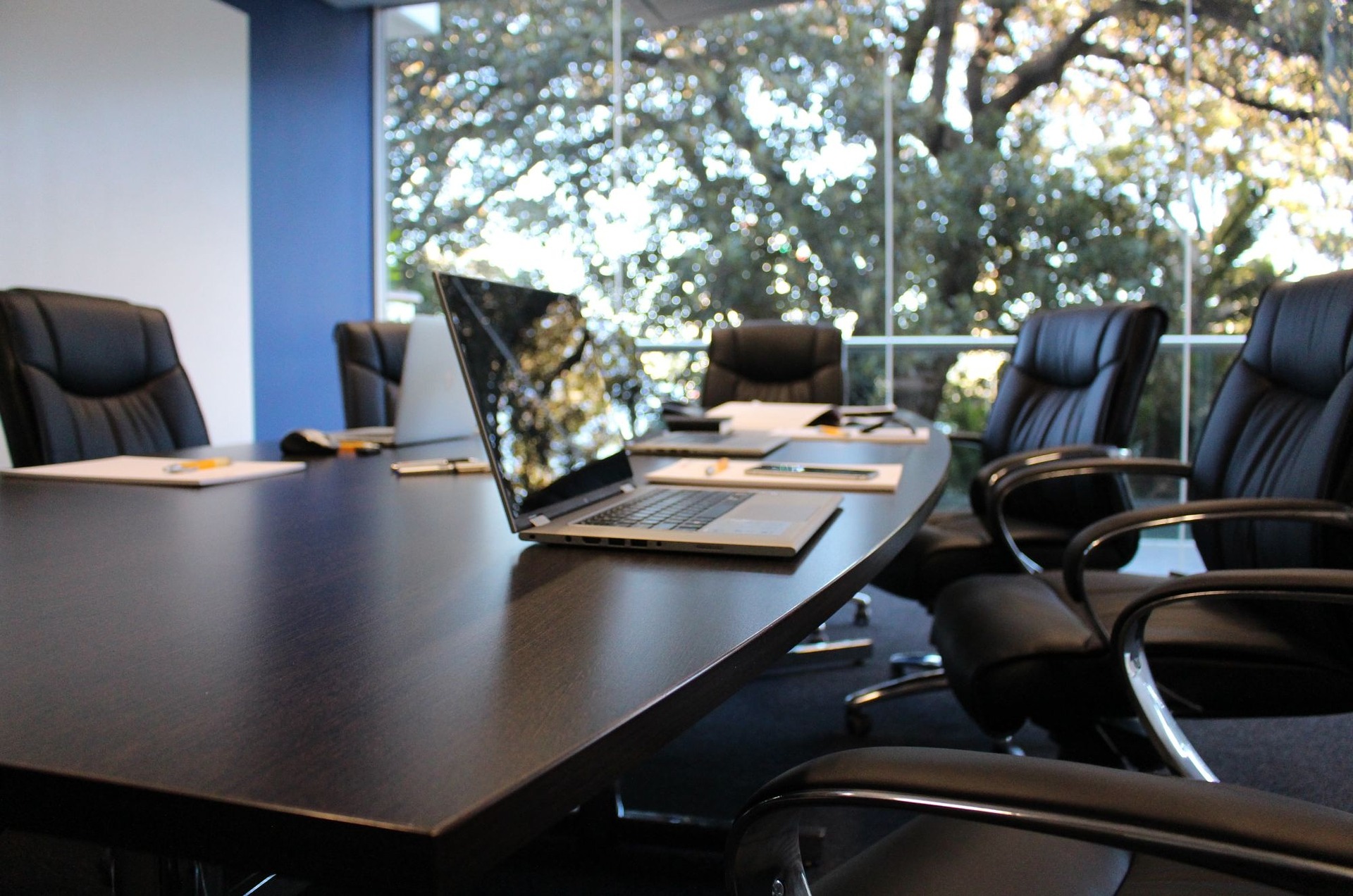Recalibrating your skills and mindset for the boardroom
The transition from a successful executive career to a board position seems natural in the corporate world. There is a substantial overlap between the skill sets needed for executive and non-executive roles. Bringing extensive experience to a board position is a clear advantage, especially in times when companies are exposed to constant technological, regulatory, and financial challenges. Leading a company through these challenges demands highly qualified and experienced leadership inside management and the board. However, the capabilities that power a successful executive career are not quite the same as those required to take a seat in the boardroom, since directors do not have the same operating power.
Nose in, fingers out
Board members are not employees. They are tasked with providing an objective and independent view while keeping the best interest of the organization in mind. Upon taking a seat around the top table, many new board directors need to reframe their mindset and learn to take the ‘nose in, fingers out’ approach. It can be challenging to transition from day-to-day management to a bird-view oversight. The focus is on seeing the forest through the trees instead of on the details of getting the work done.

Developing a new skill set
Stepping inside the boardroom means taking a step back to see the bigger picture. Rather than an autonomous or executive leader, a non-executive director is like a steward of the company. In that context, the success of a board depends on its ability to communicate clearly, with each other, with the company’s C-suite, and with wider stakeholders – even under pressure. Building connections and displaying relationship skills are valued qualifications in a board member next to the obvious knowledge and governance expertise. A director needs to be inquisitive, scrutinize, encourage, and advise, but without meddling or operating. Board directors should master the skill of asking the right question to challenge the strategy or probe an underperformance issue, as well as knowing when to ask that same question again. Insight, self-awareness, diplomacy, and listening are necessary skills for becoming an effective board member.
Room for growth
The expected board readiness of new directors has never been higher. Directors need to have a deep understanding of complex business strategies, demonstrate technical knowledge, guard sustainable performance, and ensure constructive governance, while simultaneously displaying a set of soft skills including reflection, validation, and reframing. Similar to any executive role, there is always room for improvement. Board members should continuously identify where there is room for growth and expand their skill set.
At Corporate Boards USA, our mission is to prepare executives to be highly qualified board candidates. We offer our members educational courses and events, networking opportunities, boardroom news, workshops, and mentorship programs. If you’re serious about getting on the path to the boardroom, apply for membership. We Make You Board Ready.
